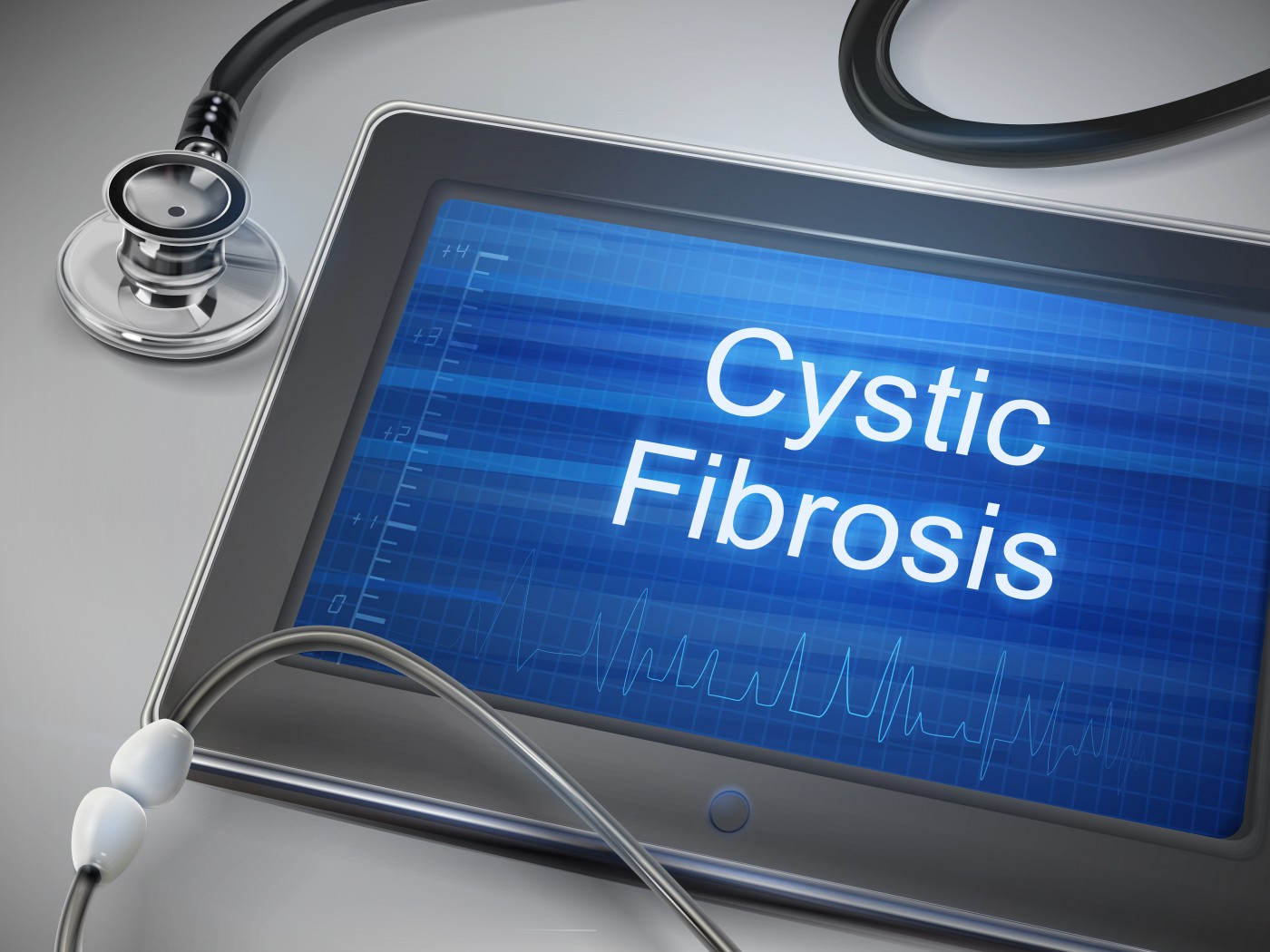Ongoing Clinical Trial Exploring Cystic Fibrosis-Related Dyspnea Triggered by Exercise
Written by |

 Researchers at The University of British Columbia (UBC) recently opened a clinical trial designed to assess the sensation of shortness of breath or dyspnea in patients with cystic fibrosis (CF) during exercise. The study, titled “Qualitative Descriptors of Dyspnea During Exercise in Cystic Fibrosis” (NCT01799642), is now recruiting participants.
Researchers at The University of British Columbia (UBC) recently opened a clinical trial designed to assess the sensation of shortness of breath or dyspnea in patients with cystic fibrosis (CF) during exercise. The study, titled “Qualitative Descriptors of Dyspnea During Exercise in Cystic Fibrosis” (NCT01799642), is now recruiting participants.
CF is a life-threatening genetic disease in which a defective gene causes the body to form unusually thick mucus that can result in serious respiratory and gastrointestinal manifestations. Dyspnea is often reported by CF patients during physical exertion. Because the reasons underlying dyspnea secondary to CF are not completely understood, no viable treatment option is available.
The primary goal of the trial is to assess whether dyspnea is qualitatively and quantitatively different between CF patients and healthy controls during exercise. For this purpose, all enrolled participants will perform an incremental symptom-limited cardio-pulmonary exercise exam during which data on dyspnea responses, cardio-respiratory responses, muscle oxygenation and muscle hemodynamic will be collected. In addition, the team will be determining whether the differences, if any, in ventilatory response during exercise could explain the difficulty in breathing.
[adrotate group=”1″]
The hypothesis proposed by UCB researchers is that a reduced tidal volume (VT – referring to the lung volume capacity) response in CF patients during exercise will generate different assessments (or qualitative descriptors) regarding exertional dyspnea compared to healthy individuals of similar age and sex. It is expected that CF patients will choose “increased work and effort” as their main qualitative descriptor of dyspnea up to the VT inflection/plateau. Once passed this point, the patient is expected to select “unsatisfied inspiration.” The healthy controls, on the other hand, will select “increased work and effort” throughout all the phases of the exercise and, compared to CF patients, will not report “unsatisfied inspiration.”
This is an observational study with two defined groups of 20 individuals each: “cystic fibrosis patients” comprising participants with the disease, and “healthy controls” comprising healthy participants who do not have cystic fibrosis. Individuals of both sexes able to read and understand English and between the ages of 19 and 50 (inclusive) are eligible to enter the study. Healthy participants will be selected in the Vancouver area, while CF patients will be recruited from St. Paul’s Hospital Adult CF Clinic.
Other inclusion criteria include: a stable clinical situation (in CF patients it means no therapy alterations in the last 4 weeks), body mass index greater than 18 or less than 30, forced expiratory volume in 1 second higher than 40% predicted, currently non-smoking (or past history of smoking less than 20 pack/years), and CF patients need to have a confirmation diagnosis (abnormal sweat chloride testing and/or CFTR genotyping).
Individuals will be excluded from the study if they: have a disease that could cause dyspnea or exercise restraints (besides CF), chronic infections with either Burkholderia cepacia complex or Mycobacterium abscessus, a pneumothorax in the last 4 weeks, contraindications for clinical exercise exams, and use of supplemental oxygen or desaturation lower than 85% during exercise.
This clinical trial study is expected to provide valuable information on the physiological mechanism behind exertional dyspnea in CF patients, which can aid in the development of effective treatment strategies to reduce dyspnea in CF patients.
The UBC researchers are currently recruiting participants to enroll on this study. For more information, please contact Sabrina Wilkie at 604 806 8835 or send an e-mail to [email protected].






